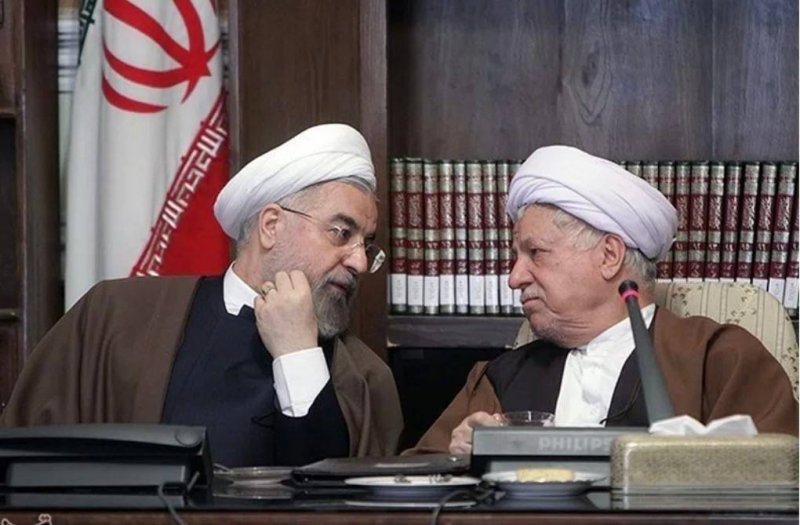The Diplomat Sheikh has retired.
The retirement of the Diplomat Sheikh was as surprising to political observers as the extension of Mahmoud Ahmadinejad’s membership in the Assembly, contrary to whispered conversations. Similarly, the lack of an appointment for Hassan Rouhani, the former president, was equally surprising because the advisory nature of the Assembly relies on the use of former high-ranking officials of the country.
Hassan Rouhani, with a wealth of experience and work in security, military, legislative fields, and the highest executive rank, could have truly been the most qualified individual for membership in the new term. However, it might be worthwhile to return to the presidency of Hassan Rouhani and review his attendance records at the Assembly meetings.
At the beginning of his term, following the 2013 elections, Hassan Rouhani, due to his closeness to Ayatollah Hashemi and his special role in his own election, actively attended the Assembly meetings, though not permanently.
However, after about two years into his presidency, he participated less in the meetings of this institution. Even close associates of Ayatollah Hashemi have mentioned that in the last year of Rouhani’s first term, he did not consult with Mr. Hashemi as he used to, nor did he pay attention to his opinions.
After Ayatollah Hashemi’s death, President Rouhani argued that since the President is the second person in the country according to the law, and in all meetings where the President is present, except those with the Leader, the President presides, he insisted on not attending the Assembly sessions presided over by someone else. He did not attend any Assembly sessions, even to defend the necessity of joining the FATF, which was deemed contrary to the interests of the regime by the Assembly.
However, after his presidency ended, many of his associates, and perhaps Rouhani himself, anticipated him taking the chairmanship of the Assembly. But the reality of domestic politics and the bitter incident of his last meeting with the Leader—a delay in Rouhani’s attendance reportedly due to miscoordination by the Leader’s office—marked the beginning of a cold relationship between the Leader and Rouhani, which indeed happened. Today, in the new appointments of the Expediency Council, there is no sign of the President and Vice President of the Fifth Islamic Consultative Assembly, who were once considered trusted and beloved by the Leader.
It seems that the presidency should be considered the last official position of the Diplomat Sheikh in the Islamic Republic system, prompting us to pay more attention to the notion that in revolutionary systems, the children of the revolution do not have a happy ending.

